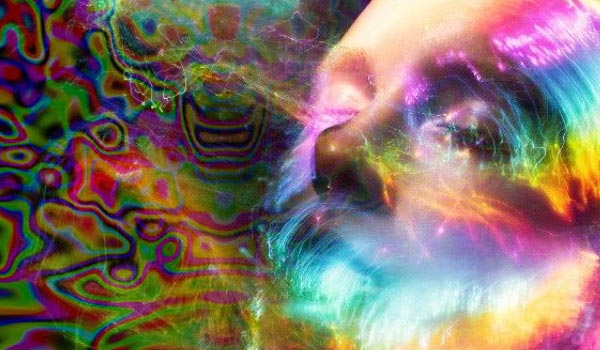LSD, Psychedelics, Therapy
Is Treating Depression With LSD a Good Idea?
Psychedelics, the storied drugs of enlightenment from the 60s are coming back as a form of medical treatment.
A recent piece of research claimed that psilocybin, which is a hallucinogen derived from magic mushrooms, can be used to relieve people who have life-threatening cancer from depression and anxiety. Other reports have also claimed similar things about LSD microdoses.
The attraction to these substances is pretty understandable with how little effective treatment we have available for disorders like anxiety and depression. About one-third of the patients suffering from major depression never get better, even after trying different kinds of antidepressants. But our desire to get rid of suffering for these people may make us ignore the possible risks that these drugs pose, or be tempted by the promising preliminary research.
This seems to be what is taking place with the new study of psilocybin, which has some serious flaws in the design of the process that could create some doubts about the accuracy of the results. The study which is performed at the New York University School of Medicine examines a few people suffering from cancer in a system where each person is served as her own control, as they collect their doses of psilocybin and niacin (the control drug) randomly.
Psilocybin, which is a hallucinogen, has some very easily recognized effects, so the users would know when they were taking it compared to when they were taking niacin, which is a vitamin that induces flushing but has no significant effect on thinking or one’s mood. This increases the difficulty of knowing whether the user got better because of the psilocybin, or just a placebo effect.
This design also means that the users that took the psilocybin first could experience a carry-over effect from the drug after receiving niacin. They may also have still been under the influence of the substance, which might have contaminated the control condition.
The LSD microdosing phase that was epitomized by the new memoir of Ayelet Waldman is pretty worrisome. LSD is a powerful yet unregulated drug, so consumers can not be entirely sure of what or how much of it they are using.
It has also been pointed out that consuming these drugs in low doses has almost no evidence of being addictive or harmful. This seems to be based on the short clinical studies that did not find any negative effects as well as some data from the National Survey on Drug Use and Health, where they could not find any serious points that associated the use of hallucinogens with mental illness, although this relied on self-reporting by the consumers, which usually has some underreporting and memory lapses.
There is good evidence to show from clinical experiences that the consumption of psychedelics can bring toxic behaviors, even if they do not have addictive properties like alcohol or cocaine. Flashbacks and bad trips can result frequently in recreational users, and some hallucinogens have also been known to produce psychotic disorders in people who are at risk genetically. Microdoses are said to be too small to bring these effects, but it is pretty easy to accidentally take more than intended.
The main point is that we do not know how effective or harmless these psychedelics are because most of the data surrounding them are some small short-term trials or anecdotes. One reason is that hallucinogens are classified as Schedule I drugs, which are the most restrictive drugs that are perceived to have no real medical use and also have a high potential for misuse. This makes it pretty difficult for the researchers to perform large-scale studies, but it is not a complete bar. There are several trials of Schedule I drugs like cannabinol and THC, which are the active molecules in marijuana.
I am very hopeful that we do not make the same mistake we did with cocaine. Apart from the fascinating monograph on cocaine by Freud in 1884 named “Über Coca” where he described his research on cocaine as well as his addiction to it. At that time in the 70s and 80s, there was not much modern research done on the drug and people just assumed that the lack of data on cocaine’s addictive properties meant that it was not harmful and they dismissed the concerns surrounding it. What followed was a huge cocaine epidemic.
Psychedelic drugs do not have close to the same level of toxicity or abuse potential that cocaine has, although we can not assume complete safety just because we do not have clear evidence of harm.
Psychedelics could end up being very promising, but that must be proven through large-scale, thorough, placebo-controlled trials. We are nowhere near that yet.
In the end, I believe that they may be regarded as more fascinating probes of brain function. This could help in shedding light on the neural base of exceptional mental states, such as our experiences of mysticism. What these substances tell us about the human brain is possibly even of more value than what they can do to our brains.

